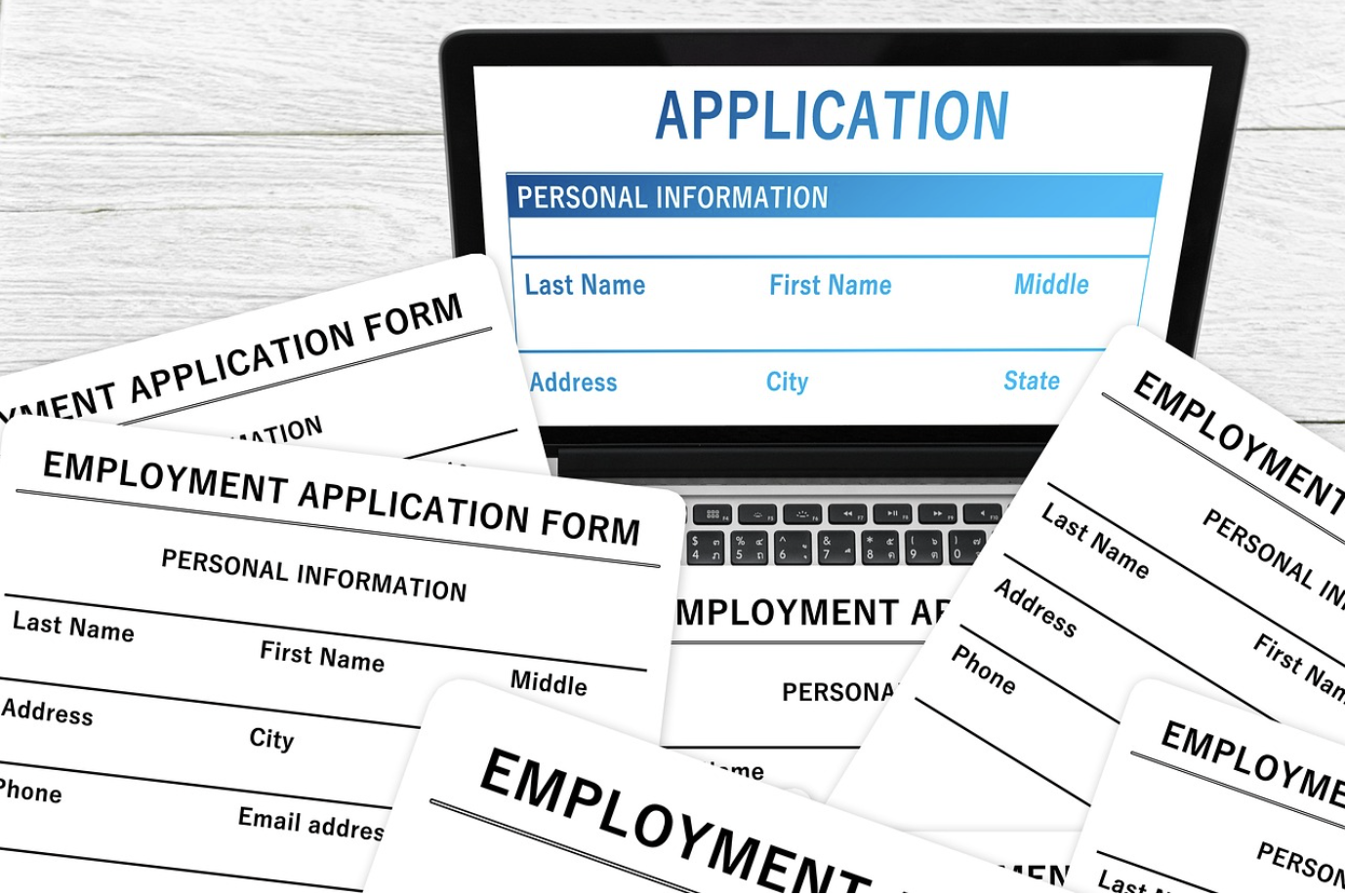Browse through our library of informative resources to stay informed and inspired


You’ve landed the job offer in Singapore. The dream is real.
But then, HR asks the one question that can make or break your entire move: “Which pass are we applying for?”
Suddenly you’re facing a wall of acronyms such as EP, S Pass, PEP, Tech.Pass. This isn’t just paperwork. This choice is the difference between:
Don’t just accept the default. Are you about to settle for a standard Employment Pass when you might qualify for the VIP freedom of a PEP?
This guide gives you the straight talk. We’ll show you what each pass really unlocks in 2025, so you can confidently choose the gateway that puts you in the driver’s seat.
The Employment Pass (EP) is the cornerstone of Singapore’s professional work visa system, designed for foreign professionals, managers, and executives (PMEs) with a job offer in hand.
The EP is for degree-qualified individuals or those with specialized skills who have been hired by a Singapore-registered company. The application must be sponsored by the employer, who is required to demonstrate fair consideration of local candidates before applying.
Since September 2023, securing an EP is a two-stage process.
Qualifying Salary: You must first meet a minimum salary, which starts at S$5,600(S$6,200 for financial services) and increases with age to reflect expected experience.
COMPASS Framework: If you clear the salary bar, you are then assessed on the points-based Complementarity Assessment Framework (COMPASS). You need 40 points to pass, earned across individual and firm-related attributes :
This system means your eligibility is tied not just to your own merits, but also to your prospective employer’s hiring practices.
An EP is tied to your employer, meaning you can only work for the company that sponsored your pass. Changing jobs requires a new EP application from the new employer. While you can be a passive shareholder in another company, starting your own active business is complex; it typically requires incorporating a new company and having it sponsor a new EP for you. EP holders earning at least S$6,000 per month can apply for passes for their spouse and children.
The EP is the most common and well-established route to obtaining Singapore Permanent Residency (PR). After working in Singapore for a period (typically at least 6-12 months), EP holders can apply for PR through the Immigration and Checkpoints Authority (ICA).

The S Pass is designed for mid-level skilled foreign workers, officially known as Associate Professionals and Technicians (APTs). It bridges the gap for individuals with valuable technical skills who may not meet the EP’s academic or salary criteria.
This pass is for skilled individuals in roles like technicians, senior operations staff, or specialized administrators. Like the EP, it must be sponsored by a Singaporean employer.
Eligibility for the S Pass is a multi-layered assessment:
Salary: Effective 1 September 2025, the minimum qualifying salary will be raised to S$3,300(S$3,800 for the financial services sector). This qualifying salary continues to increase progressively with age.
Qualifications: While degrees are considered, significant weight is given to relevant work experience and technical certifications.
Employer Quota and Levy: This is the key constraint. The number of S Pass holders a company can hire is strictly capped by a quota (e.g., 10% of the total workforce in the services sector). Additionally, employers must pay a monthly levy for each S Pass employee. This system ensures S Pass holders are hired only when local talent is genuinely unavailable.
The S Pass is strictly tied to the sponsoring employer. Changing jobs requires a new application, which is dependent on the new employer having available quota. S Pass holders are strictly prohibited from starting their own business or being registered as a company director. To bring family members, S Pass holders must meet the same S$6,000 minimum monthly salary as EP holders.
The S Pass is renewable, but this is contingent on the employer still having sufficient quota. While S Pass holders are eligible to apply for Permanent Residency, the pathway is often considered more challenging than for EP holders due to the nature of the roles and salary levels.
The PEP is an elite pass for high-earning professionals, offering the significant advantage of not being tied to a single employer.
The PEP is for top-tier professionals who want the flexibility to explore different job opportunities in Singapore without the friction of reapplying for a visa with each move.
Flexibility comes with a high price tag. To qualify for Singapore’s Personalised Employment Pass (PEP), you must meet the following salary requirements as outlined by the Ministry of Manpower:
PEP holders can switch jobs simply by notifying MOM. They also have a six-month grace period to find a new job if they become unemployed. However, the PEP comes with a major restriction: holders are strictly prohibited from starting their own business or engaging in any entrepreneurial activity.
The PEP is issued only once and is valid for a fixed, non-renewable term of three years. It is designed as a transitional pass. Before it expires, a PEP holder must either secure a standard Employment Pass through an employer or obtain Singapore Permanent Residency to continue working in the country.

Administered by the Economic Development Board (EDB), the Tech.Pass is a strategic visa aimed at attracting established global tech entrepreneurs, leaders, and experts to catalyze Singapore’s tech ecosystem.
This pass is for a select group of “ecosystem builders” proven tech leaders who can start businesses, invest, mentor, and work for companies, often simultaneously.
Eligibility for Singapore’s Tech.Pass is not based on a single metric but on a proven record of impact. As outlined by the Economic Development Board (EDB), an applicant must satisfy at least two of the following three conditions:
The Tech.Pass offers the broadest mandate of any work pass. A holder can concurrently start and run multiple companies, work for multiple employers, invest, consult, and lecture without needing separate approvals.
The Tech.Pass is granted for an initial two-year period and can be renewed only once for another two years. Renewal is not automatic; it is subject to strict performance criteria. To renew, you must demonstrate tangible economic contributions to Singapore, such as meeting a high-income threshold or significant business spending and local hiring, as well as performing specific high-value activities within the ecosystem.
Choosing the right pass requires a clear-eyed assessment of your professional profile against the purpose of each visa.
| Question | S Pass | Employment Pass (EP) | Personalised EP (PEP) | Tech.Pass |
| Who is it for? | Technicians & Associates | Professionals & Managers | Top-Tier Earners | Tech Founders & Leaders |
| Do I need a job first? | Yes | Yes | No | No |
| Can I switch jobs easily? | No | No | Yes | Yes, and work for multiple |
| Can I start my own business? | No | Yes, but conditions apply | No | Yes |
| Is it a path to PR? | Possible | Yes (Common) | Yes (Strong) | Yes (Strong) |
| What’s the catch? | Tied to job & employer quota | Tied to a single job | It’s not renewable | Strict renewal rules |
Your entrepreneurial ambitions are a key deciding factor:
Prohibited: S Pass and PEP holders cannot start a business.
Conditional: EP holders may be passive shareholders, but they can only serve as a director in one company. For a second directorship, they must obtain approval from MOM, which is typically granted only if the companies are related.
Encouraged: The Tech.Pass is the only visa of the four explicitly designed for active founders and entrepreneurs.

The path you choose will define your professional journey in Singapore. The EP is the standard for most professionals, while the S Pass serves skilled technicians. The PEP offers freedom for high-earning employees who value mobility, and the Tech.Pass is the exclusive gateway for high-impact tech leaders who want to build, invest, and innovate.
Each pass has its own set of rules, opportunities, and long-term implications. The landscape is also dynamic, with criteria and salary thresholds subject to change to meet Singapore’s economic priorities.
Navigating Singapore’s immigration framework requires careful planning and a deep understanding of the latest regulations. To ensure you choose the right path and present the strongest possible application tailored to your unique profile, consider seeking professional guidance.
Contact an experienced consultant today to get a personalized assessment and confidently chart your course to a successful career in one of the world’s most exciting economies.
Please share with us some details about your needs, we will get back to you.